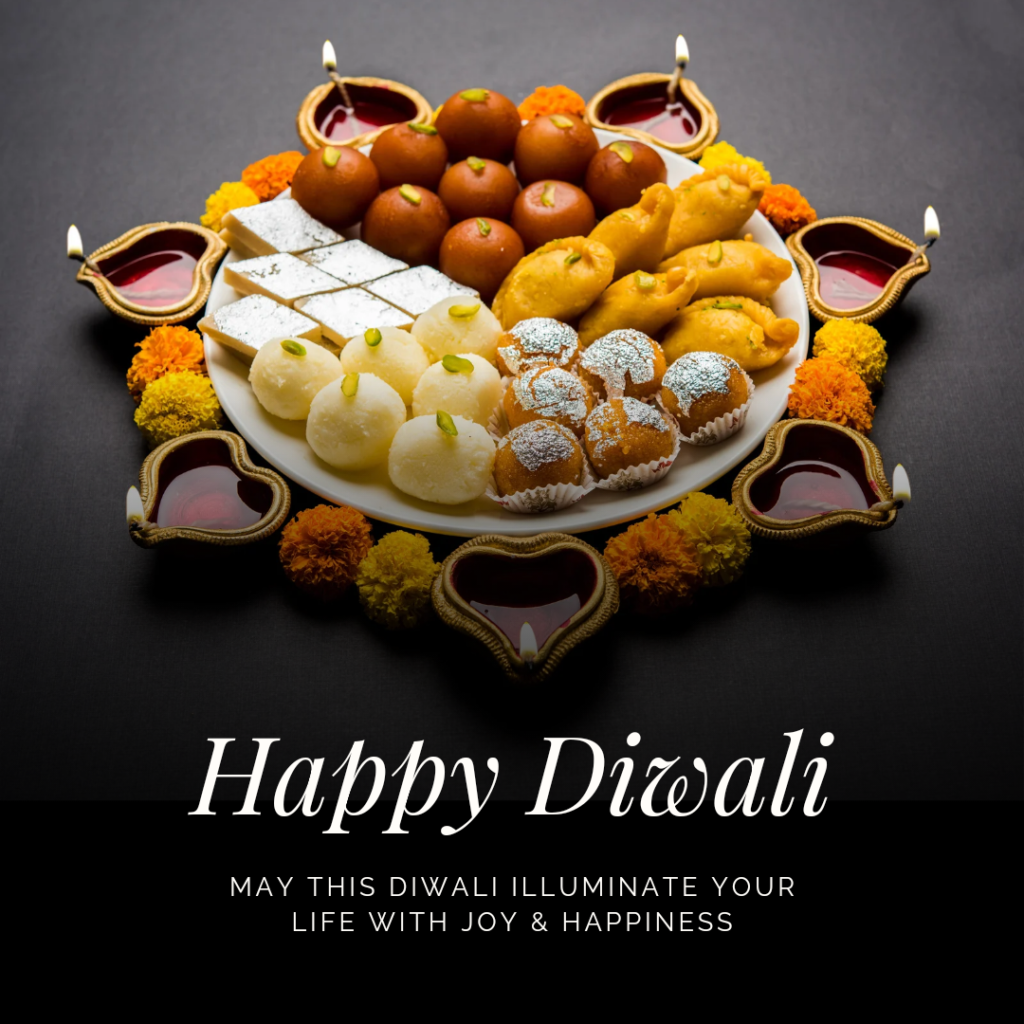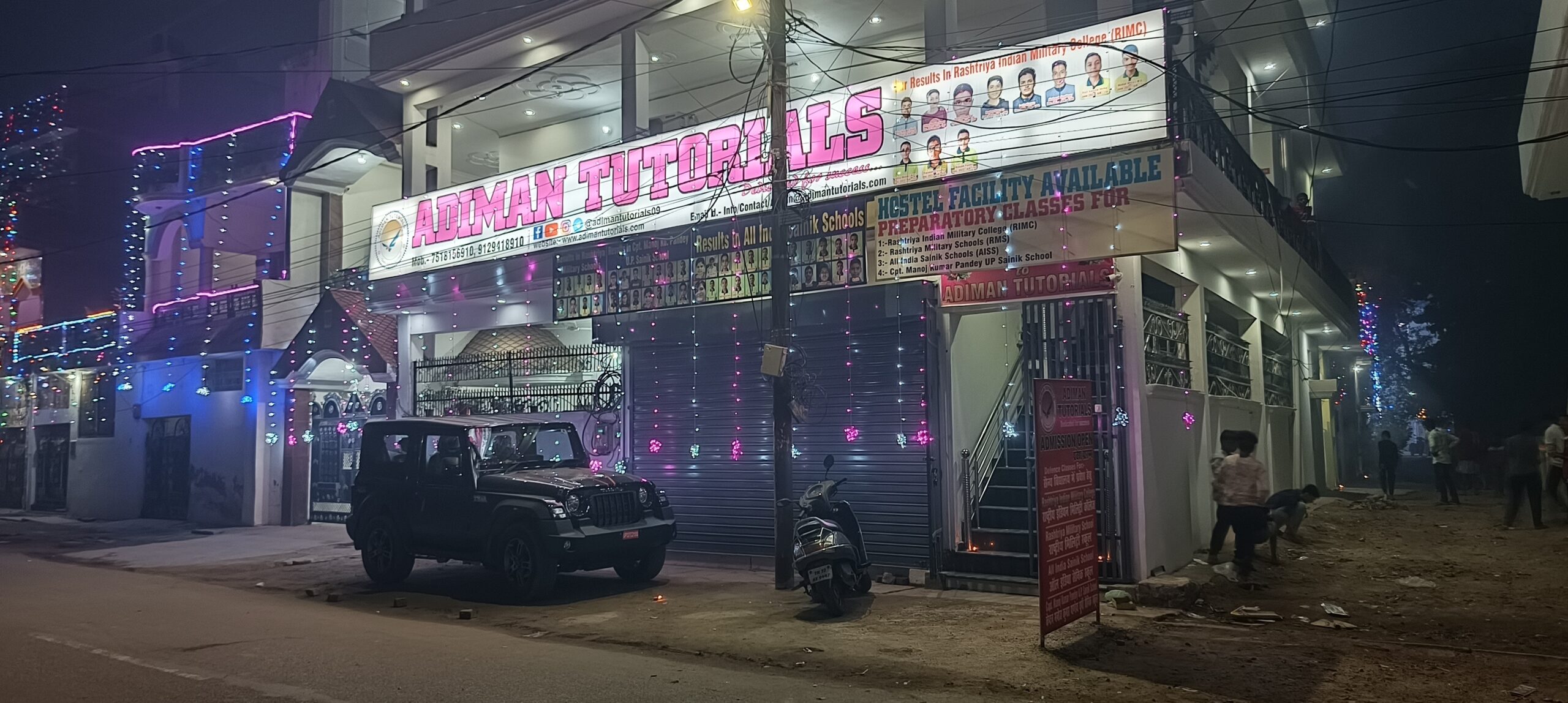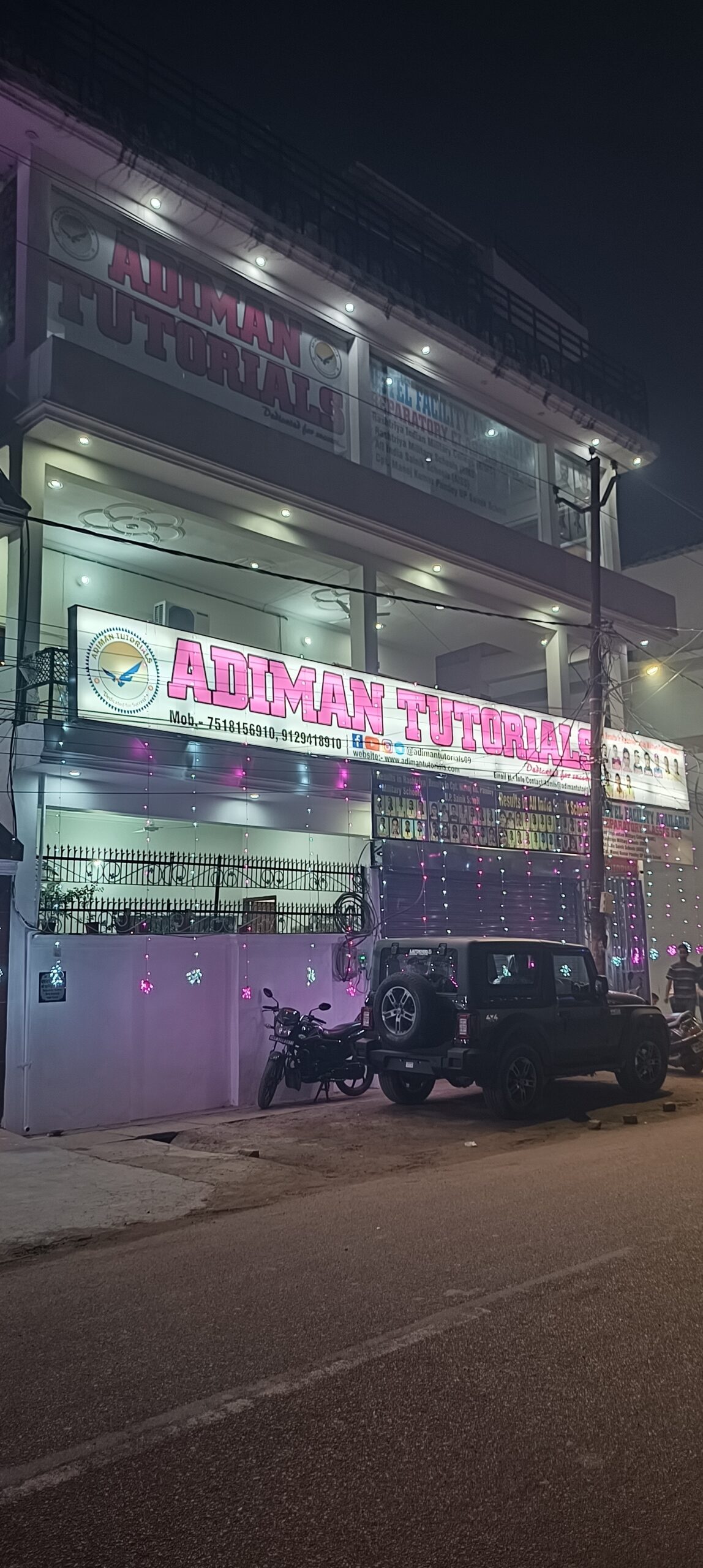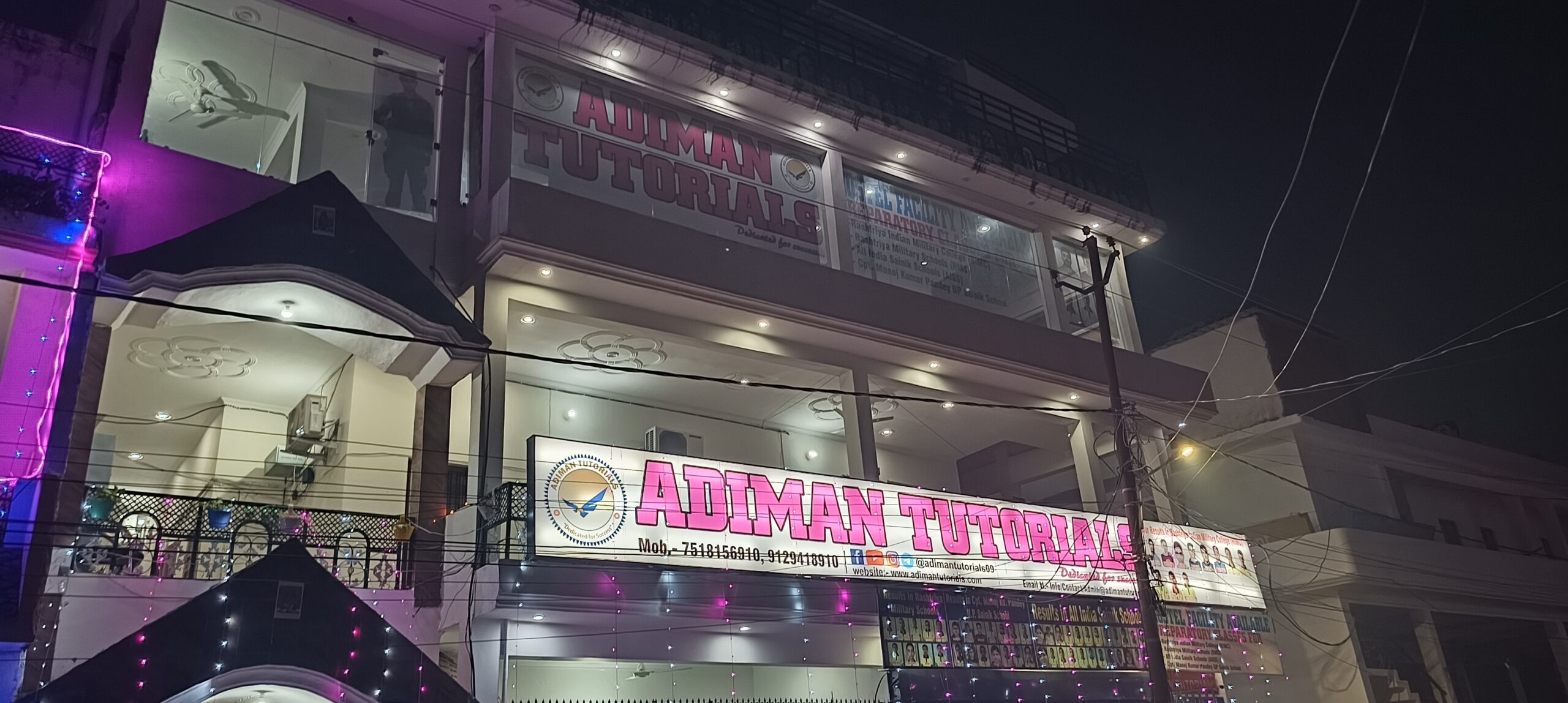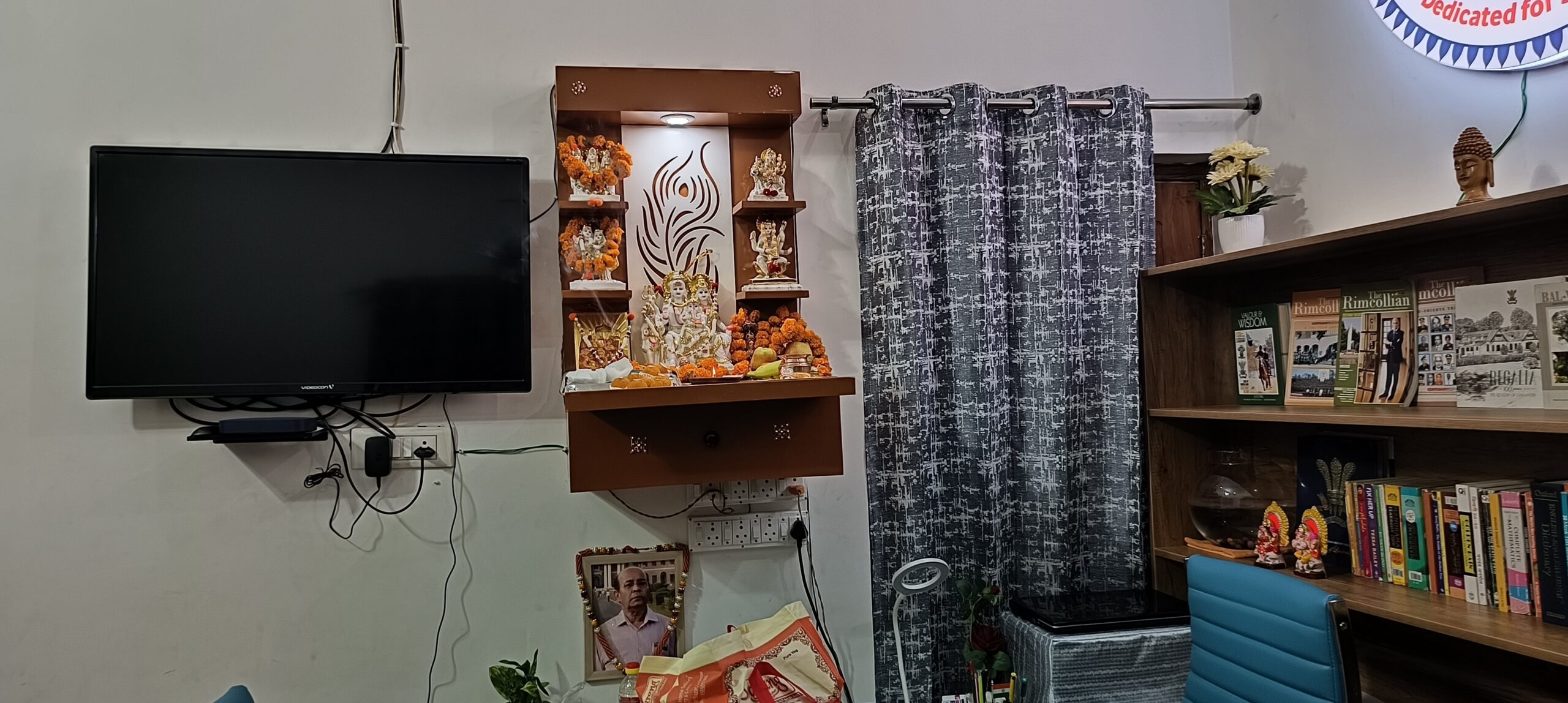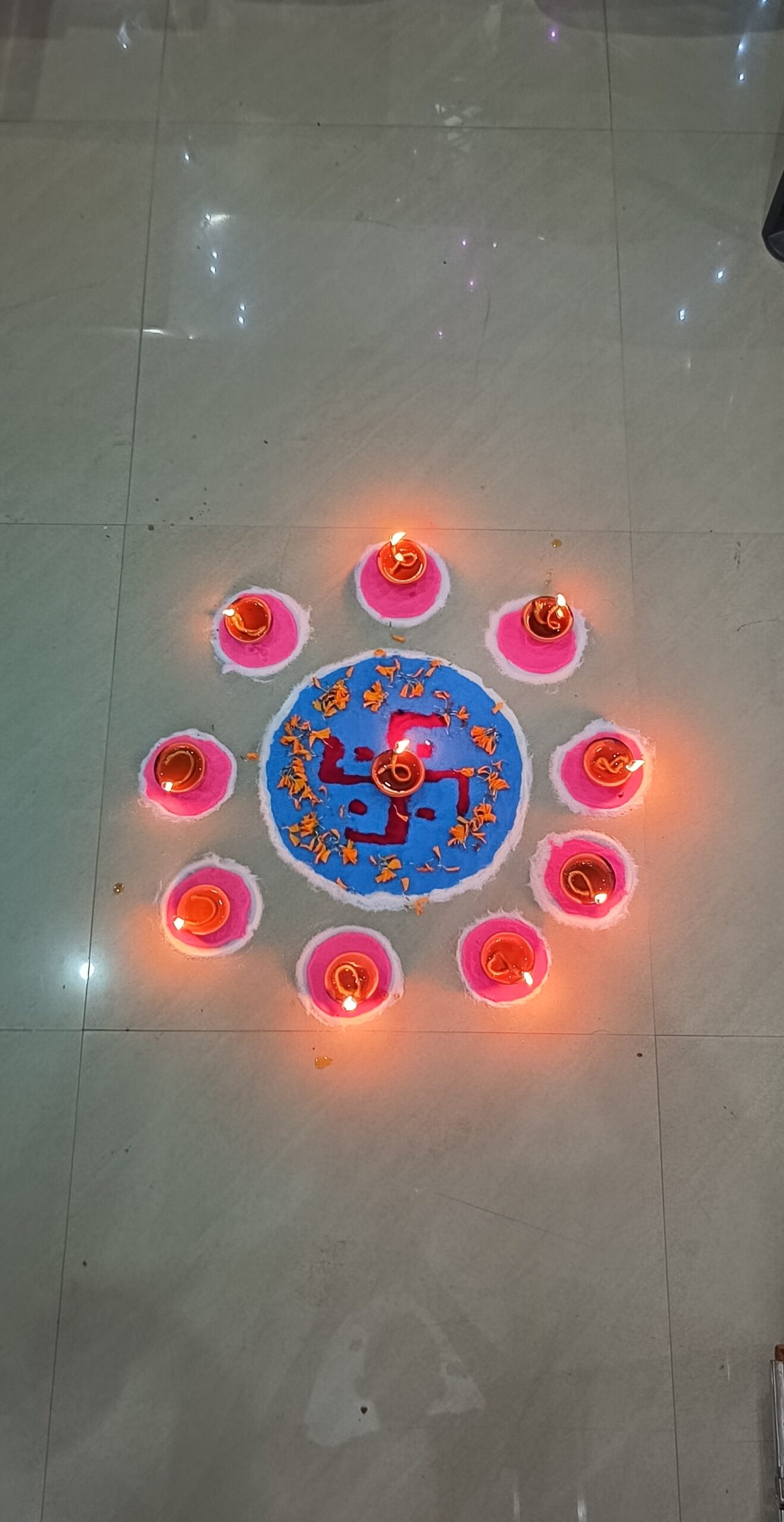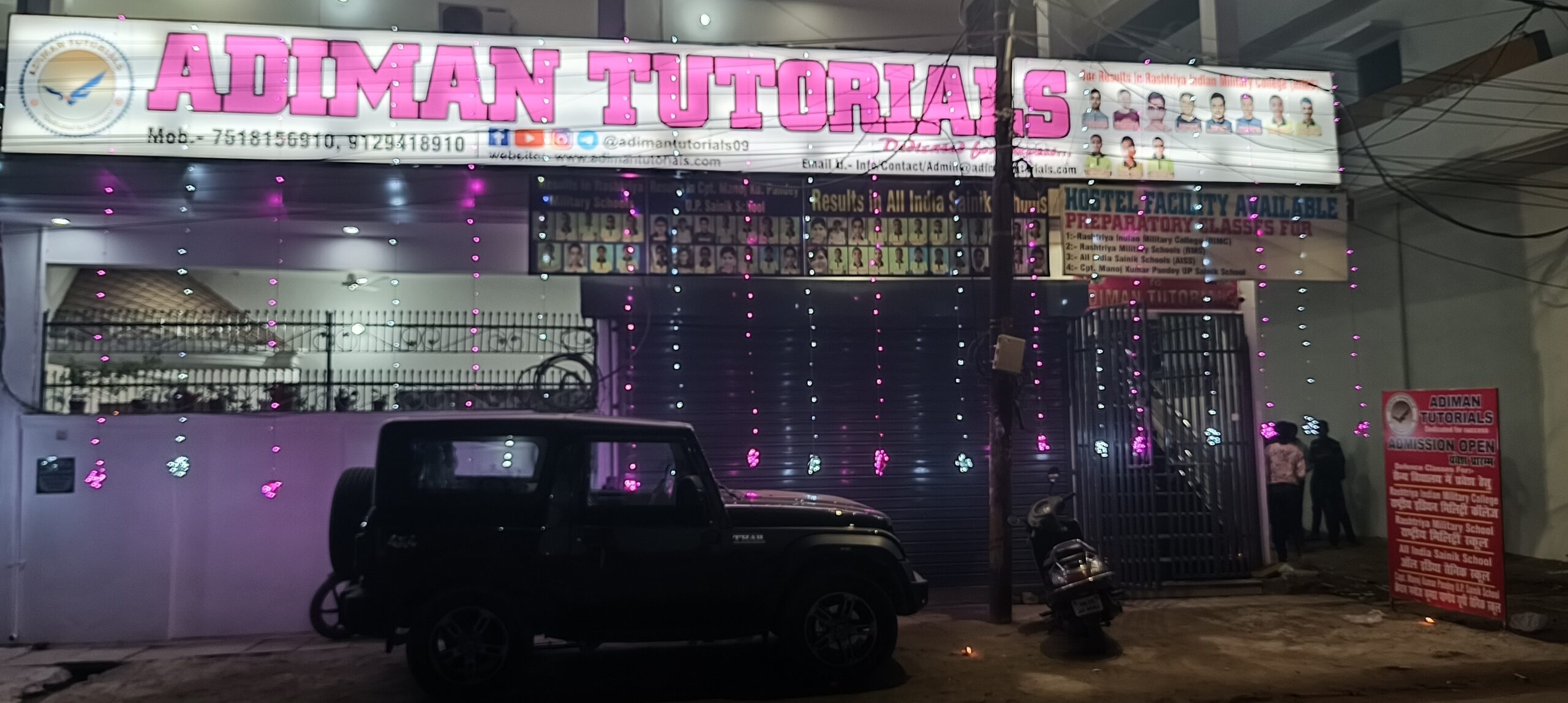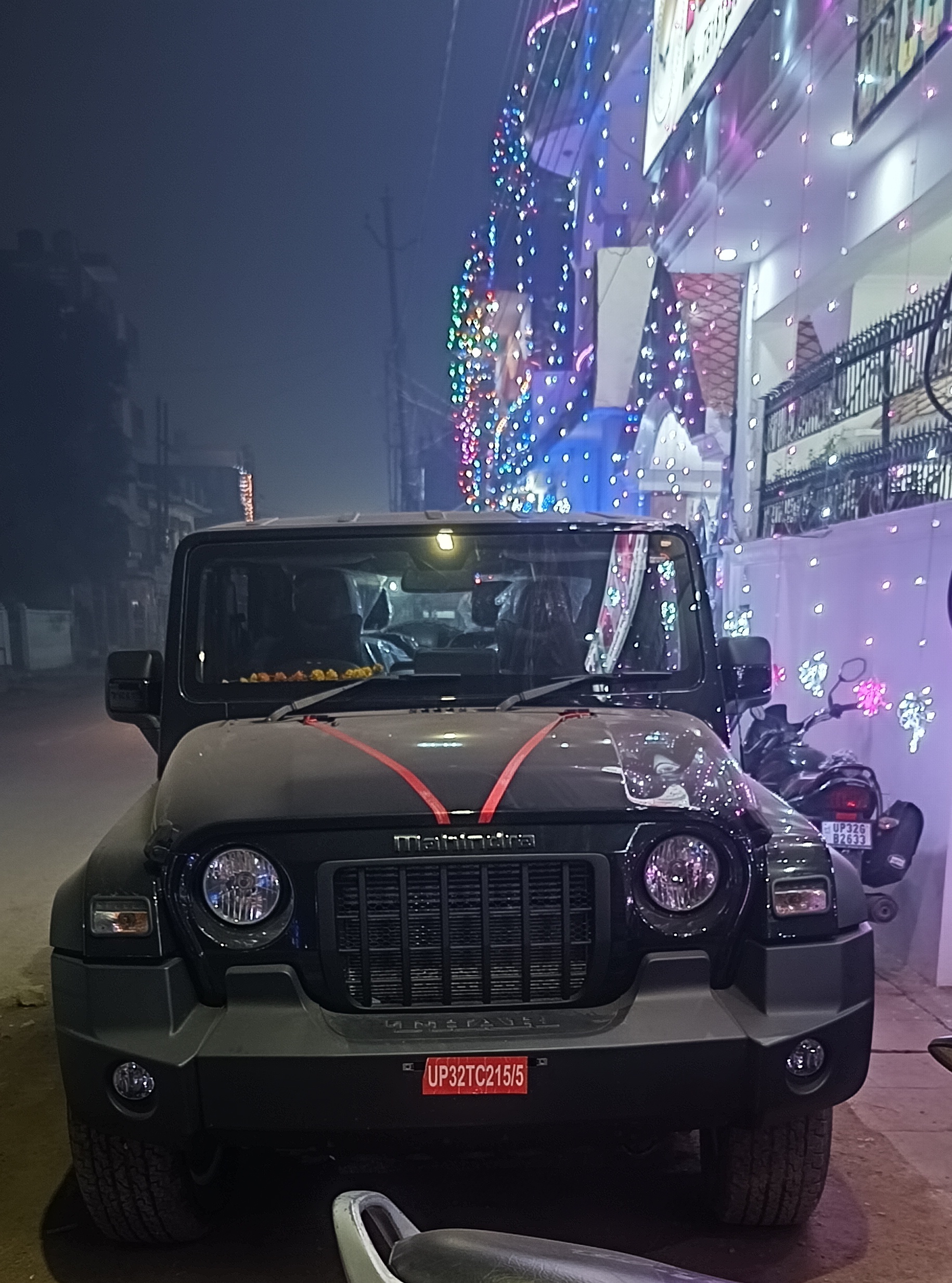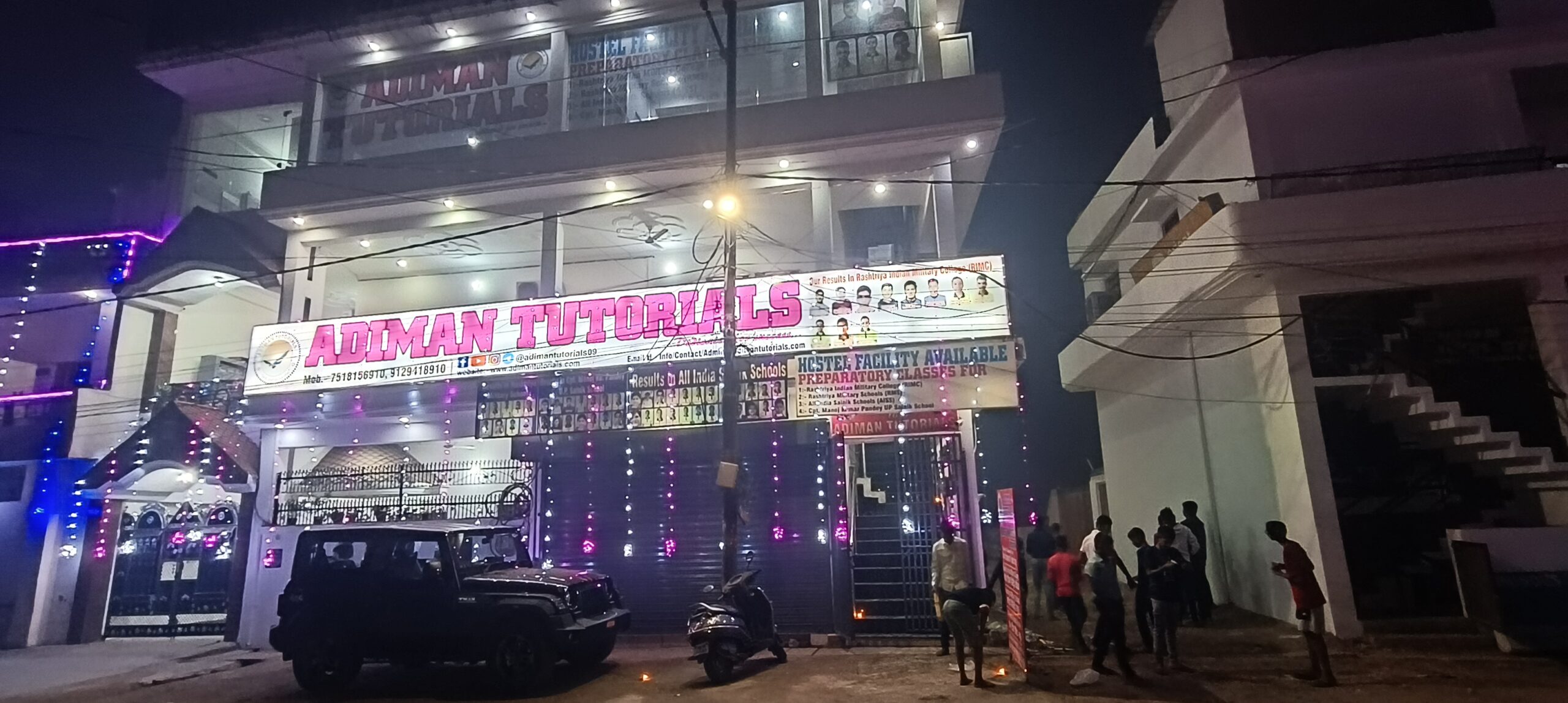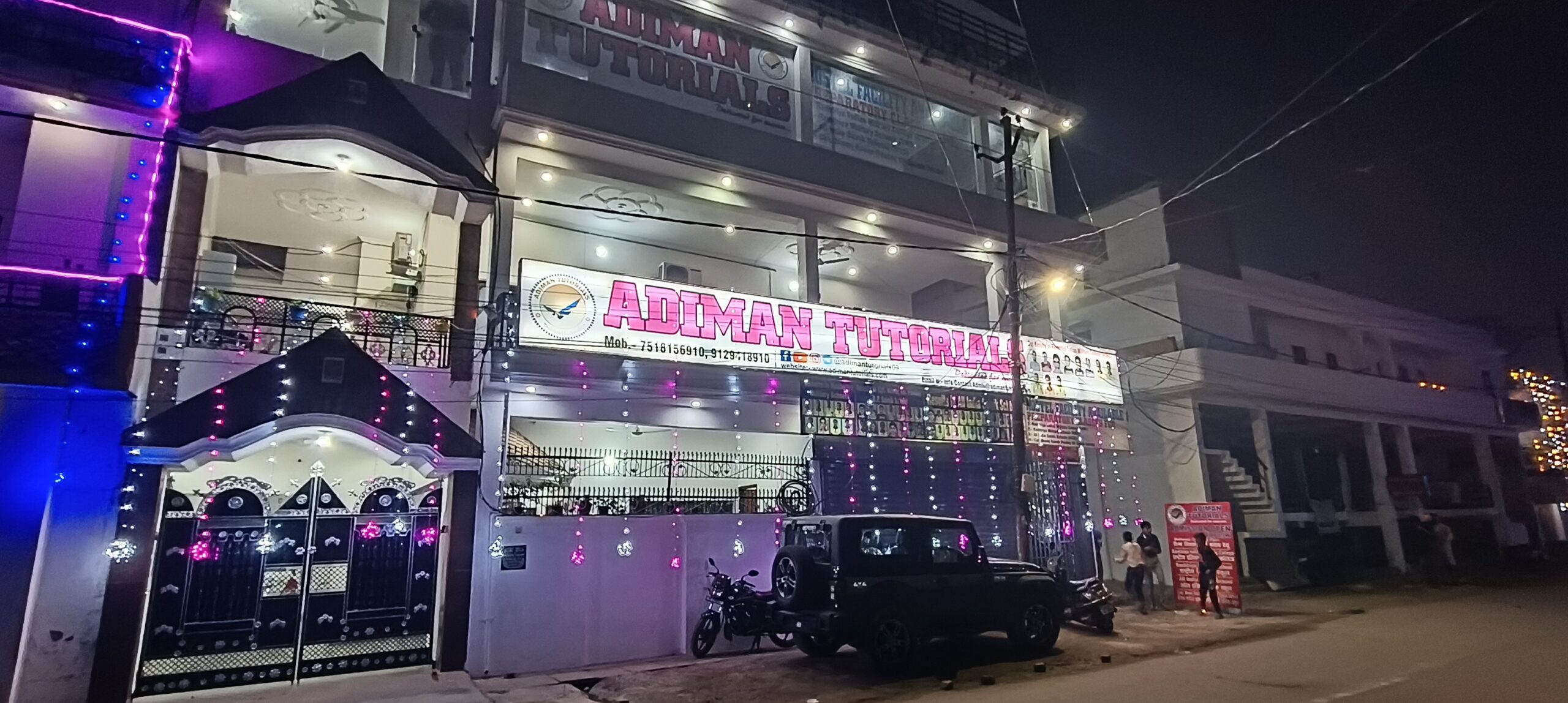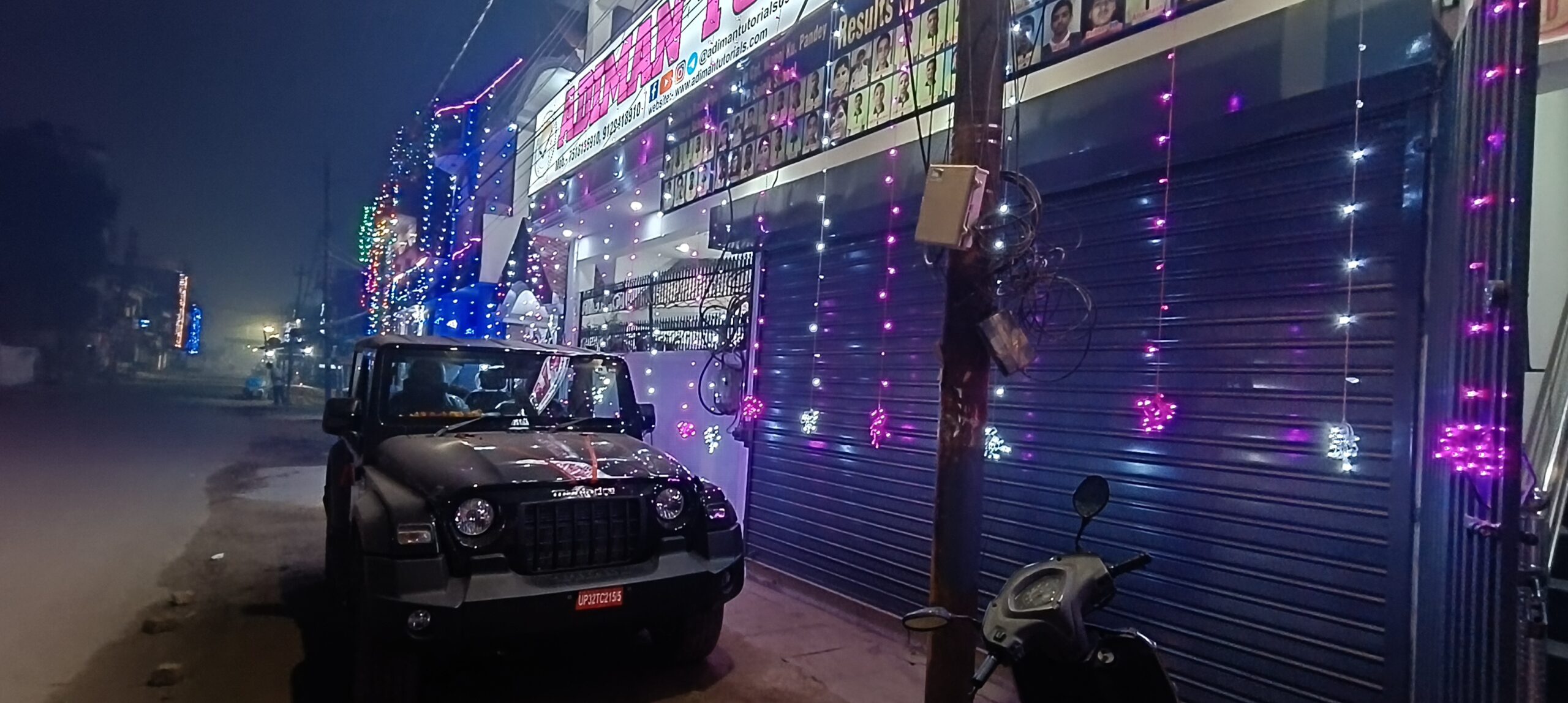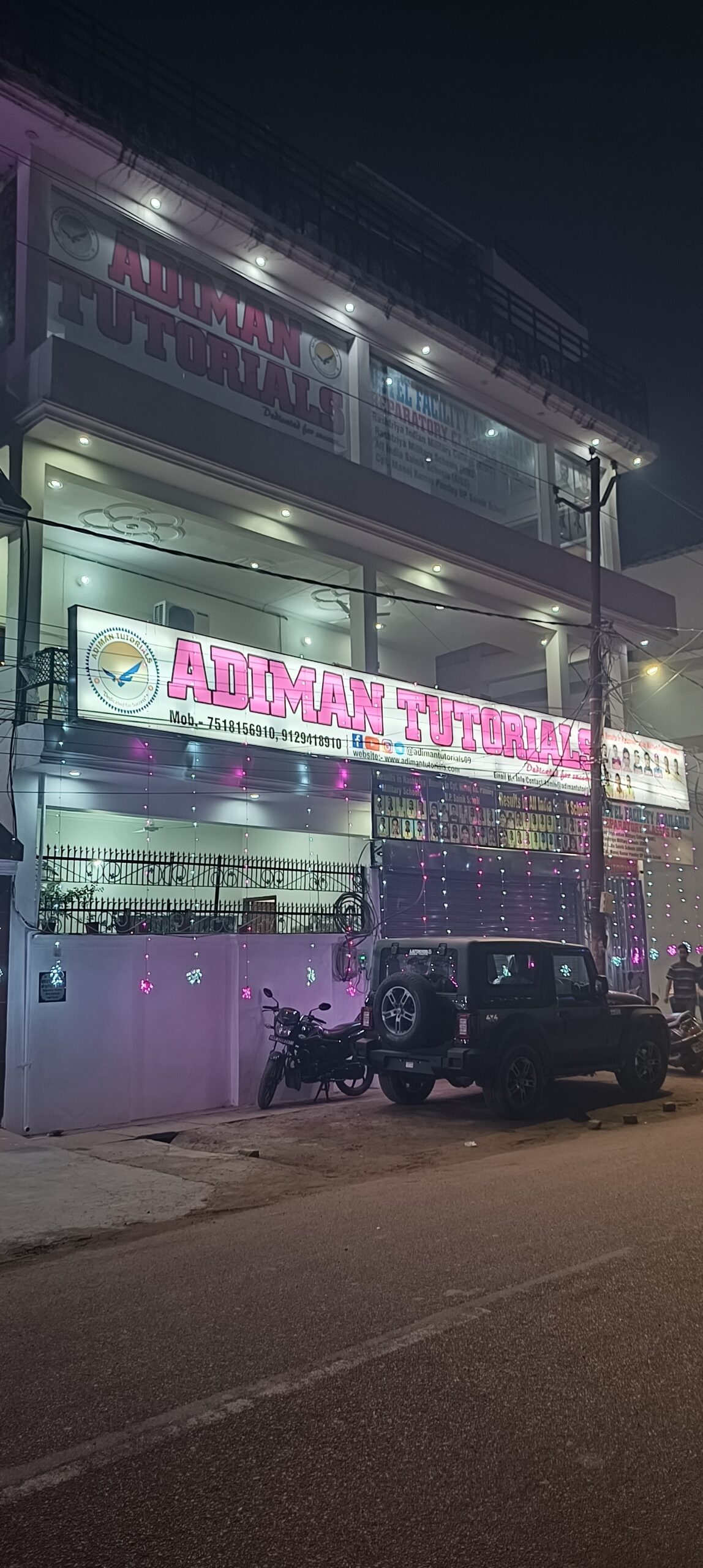Diwali, also known as the “Festival of Lights,” is recognized as India’s biggest holiday and takes place over the course of five days.
The festival occurs annually each autumn, often falling in either October or November depending on the moon. Diwali is celebrated primarily by Hindus but has become a national festival over the centuries.
Its origin story varies depending on India’s regions, but the overall theme is an ode to the triumph of good over evil. Those who celebrate Diwali partake in a number of practices and rituals with different symbolic meanings throughout the span of the holiday.
In accordance with its name, a large emphasis is placed on light over darkness — therefore, the hanging of lamps, lanterns and other bright lights are strung on houses and along streets to signify victory by the gods.
From when it takes place to the meanings behind the holiday, here’s everything to know about Diwali.

